The 12V 4-Channel Relay Module with light coupling (optocoupler isolation) is a reliable and safe switching component ideal for DIY electronics, home automation, and Arduino-based projects. Designed to control both AC and DC loads, this module can switch devices up to 250V AC or 30V DC using standard digital outputs from microcontrollers.
Built-in optocouplers ensure electrical isolation between control and load sections, protecting sensitive components from voltage spikes and electrical noise. Each channel features its own indicator LED for visual feedback, and the board includes screw terminals for secure connections.
🔧 Key Features
- 12V 4-Channel Relay Module with optocoupler isolation
- Controls AC loads up to 250V and DC loads up to 30V
- Each channel equipped with a high-quality relay and status LED
- Electrical isolation ensures protection for microcontrollers
- Compatible with Arduino, Raspberry Pi, ESP32, and more
- Compact PCB design with mounting holes
📐 Technical Specifications
| Product Name | 12V 4-Channel Relay Module with Optocoupler |
| Operating Voltage | 12V DC |
| Relay Channels | 4 |
| Relay Type | SPDT (Single Pole Double Throw) |
| Load Capacity | 10A @ 250V AC or 10A @ 30V DC |
| Isolation | Optocoupler (Light Coupling) |
| Control Logic | Active Low |
| Indicators | LED per relay channel |
| Dimensions | ~73mm × 50mm × 20mm |
| Mounting | 4 × M3 Holes |
📌 Applications
- Smart home automation systems
- Microcontroller-based switching systems (Arduino, ESP8266, Raspberry Pi)
- Remote switching of fans, lights, motors, and solenoids
- Industrial automation and control systems
💡 Why Choose This 12V 4-Channel Relay?
Designed for ease of use, safety, and long-term reliability, this module is a must-have for any automation, control, or switching project. The optocoupler isolation ensures superior protection for your electronics, while the compact size and multiple outputs provide versatility for a variety of systems.
📦 Package Includes
- 1 × 12V 4-Channel Relay Module with Optocoupler


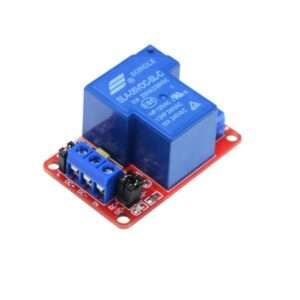
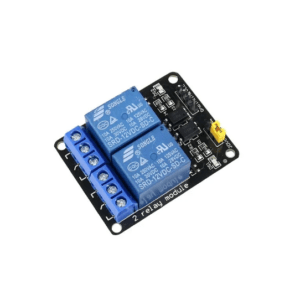


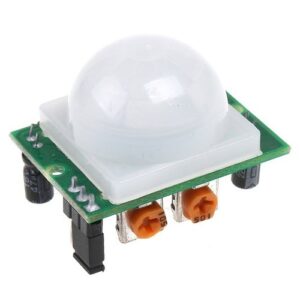
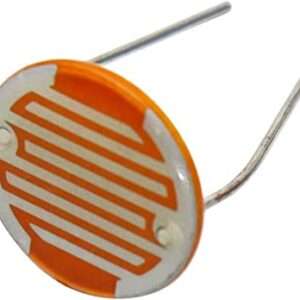
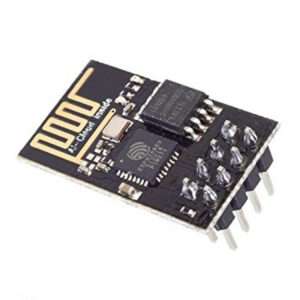
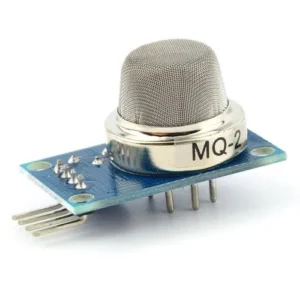
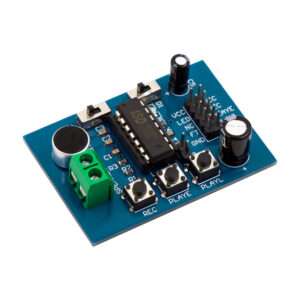
Reviews
There are no reviews yet